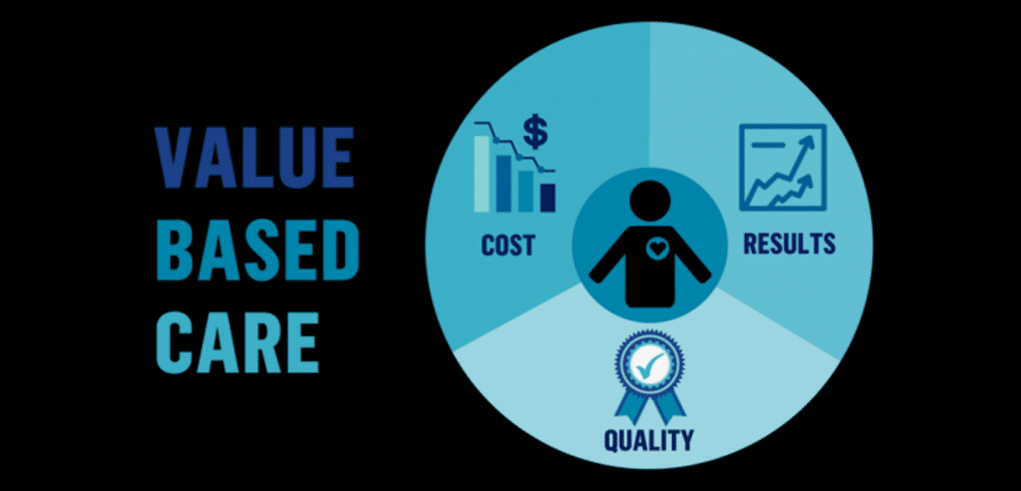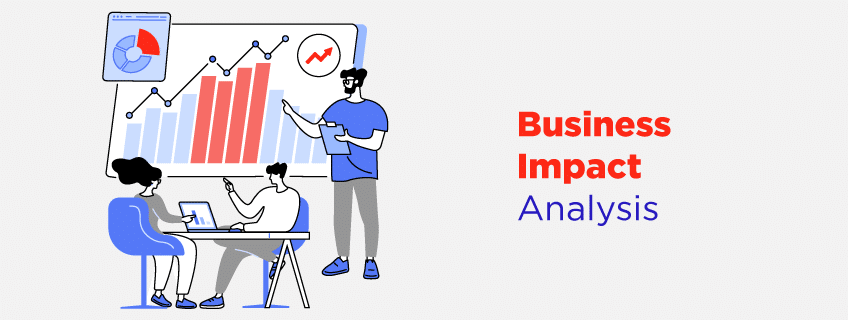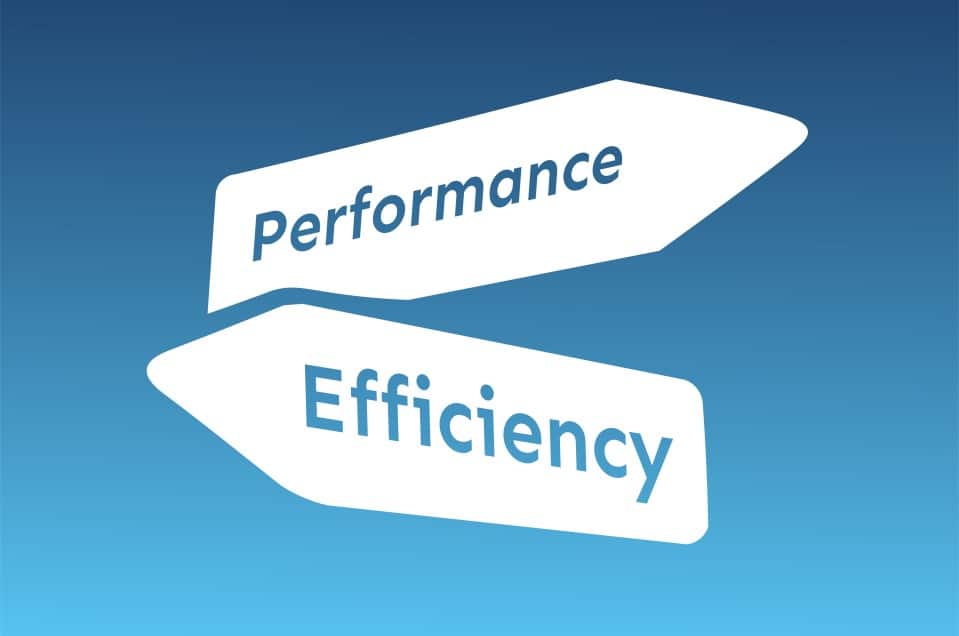Assuras
Pharmaceuticals and Medical Products
Pharmaceutical companies are tasked with providing life-saving drugs. Assuras helps you achieve this goal by unleashing innovation through digital technology while speeding up drug development and approvals processes.
In spite of all the technological advancements, medical technologies still pose some challenges. That's where Assuras steps in - we take care of those challenges using deep industry knowledge and a range of products.
Most Recent Pharmaceuticals and Medical Products Statistics
➔ In 2018, the global pharmaceuticals market was worth an estimated $1.2 trillion.
➔ The United States is the largest pharmaceuticals market in the world, with sales totaling $459 billion in 2018.
➔ China is the second largest market, with sales of $122 billion in 2018.
➔ The European Union is the third largest market, with sales of $265 billion in 2018.
➔ The pharmaceuticals industry is expected to grow at a compound annual growth rate of 4.4% from 2018 to 2023, reaching a market value of $1.6 trillion by 2023.
Our Contribution — Services
Assuras offers a wide range of services in the Pharmaceuticals And Medical Products industry, including:
- A wide range of innovative services for the pharmaceutical and medical products sector
- A comprehensive approach to quality assurance and regulatory compliance
- Tech deployment for speeding up drug development processes
- Streamlining of clinical trial operations
- Increasing patient safety and efficacy of treatments
- Reducing the cost and time of bringing new drugs and medical products to market
Current State of Industry
The digital transformation of the pharmaceutical industry is well underway. Companies are digitizing their operations and business models to remain competitive and meet the needs of patients and healthcare providers. Many pharmaceutical companies are investing in digital health, data and analytics, and artificial intelligence (AI).
Digital health technologies are being used to improve patient outcomes, lower costs, and increase access to care. Data and analytics are being used to optimize clinical trials, develop new drugs and therapies, and commercialize products. AI is being used to identify new targets for drug discovery, design better clinical trials, and improve patient outcomes.
The pharmaceutical industry is under pressure to meet the needs of patients and healthcare providers in a rapidly changing digital world. But companies are rising to the challenge and are investing in the technologies and capabilities needed to succeed in the digital age.
Future Prospects
The Pharmaceuticals industry is under pressure to innovate in order to remain competitive. In particular, the industry must adopt digital technologies in order to remain relevant and to appeal to the new generation of customers.
The industry is currently undergoing a digital transformation, with many companies investing in digital technologies such as artificial intelligence (AI), big data, and the Internet of Things (IoT). These technologies are expected to revolutionize the way drugs are developed and marketed, as well as the way patients are treated.
AI, in particular, is expected to play a major role in the future of the Pharmaceuticals industry. AI can be used to develop new drugs faster and more efficiently, as well as to identify patients who are most likely to respond to a particular treatment. AI can also be used to improve clinical trials, by helping to identify which patients are most likely to respond positively to a particular drug.

5 Continuous Improvement Methodologies: A Strategic Path to Organizational Success
Continuous improvement is a crucial strategy for achieving sustained success, focusing on ongoing efforts to enhance processes, products, or services. These methodologies help organizations streamline

How Performance Appraisal Objectives Drive Employee Development?
Organizations are constantly seeking ways to stay competitive and innovative. One of the most powerful tools at their disposal is the performance appraisal process, particularly

Lean Healthcare: Transforming Patient Care Through Continuous Improvement
The adoption of Lean principles in healthcare settings has become increasingly important due to several factors, including rising healthcare costs, patient safety concerns, inefficiencies in

How Succession Planning Drives Organizational Growth: Key Benefits
Effective leadership is the cornerstone of business success, guiding organizations through challenges, inspiring teams, and driving strategic vision. However, even the most accomplished leaders eventually

Private Equity Deal Structure: A Comprehensive Guide for Investors & Business Owners
Private equity refers to investment funds that acquire ownership stakes in private companies, with the aim of generating returns through active management and eventually selling

Claim Denial Management in the Era of Value-Based Care: Strategies for Adaptation
A claim denial occurs when a payer refuses to reimburse a healthcare provider for services rendered, citing various reasons such as coding errors, lack of

Synergy Assessment: The Key to Maximizing M&A Value
Mergers and acquisitions (M&A) are strategic business transactions involving the combination or transfer of ownership of two or more companies. These transactions are often pursued

How to Keep Track of Employee Performance (Definitive Guide)
Employee performance tracking is a crucial aspect of modern business management. According to recent statistics, 58% of companies still use basic spreadsheets to monitor employee

Conducting a Business Impact Analysis: A Step-by-Step Guide
According to a recent study, 40% of businesses that experience a disaster never reopen, and of those that do, 25% close within two years. This

Smart Supply Chains: How IoT, Big Data, and Other Innovations Are Boosting Visibility and Performance
Supply chains are the lifeline of businesses – without them, products wouldn’t make it from factories to store shelves into the hands of eager customers.

Performance Efficiency vs. Operational Excellence: What Drives Business Success?
Efficiency versus excellence. These two business philosophies have long been seen as divergent paths – companies tend to focus on one or the other in

Strategic Talent Management: A Competitive Advantage for the Future
Talent management has become a strategic priority for companies seeking to gain competitive advantage and position themselves for long-term success. With the skills gap, demographic
Telecommunications: The Battle for 5G and the Impact on Consumers and Businesses
In 2031, the global telecommunications services market will reach $2556.2 billion, according to Telecommunication Services Market Research. Telecommunications has been a crucial component of our
How Important are Analytics in Making Decisions within a Company?
According to Businesswire, the Big Data Analytics market is expected to reach $ 105.08 billion by 2027 at a CAGR of 12.3%. Analytics, the systematic
How Global Management Consulting Firms Impact the Way Businesses Operate?
Global management consulting firms are some of the most powerful and influential players in the business world today. They employ thousands of consultants who work

Role of Talent Management Consultancy in Modern Businesses
Talent management consultancy has emerged as a pivotal force, reshaping how organizations attract, develop, and retain top talent. This transformation is underscored by a recent

How to Measure Employee Engagement Metrics (5 Methods)
Employee engagement is a vital indicator of a healthy workplace. It’s not just about job satisfaction; it’s about how invested employees are in the company’s

Employee Engagement Action Plan: A Strategic Approach to Increasing Productivity and Retention
Employee engagement has become a top priority for many organizations. Studies show that companies with high levels of engagement outperform their competitors in key areas

Assessing Organizational Culture: A Blueprint for Driving Growth
Organizational culture encompasses the collective behaviors, assumptions, values and norms that influence how work gets done. It shapes everything from communication and collaboration to the

Organizational Culture: A Deep Dive into its Layers and Impacts
Organizational culture, often referred to as the “DNA” of a company, dictates how employees interact, make decisions, and approach their work. In modern corporations, where
